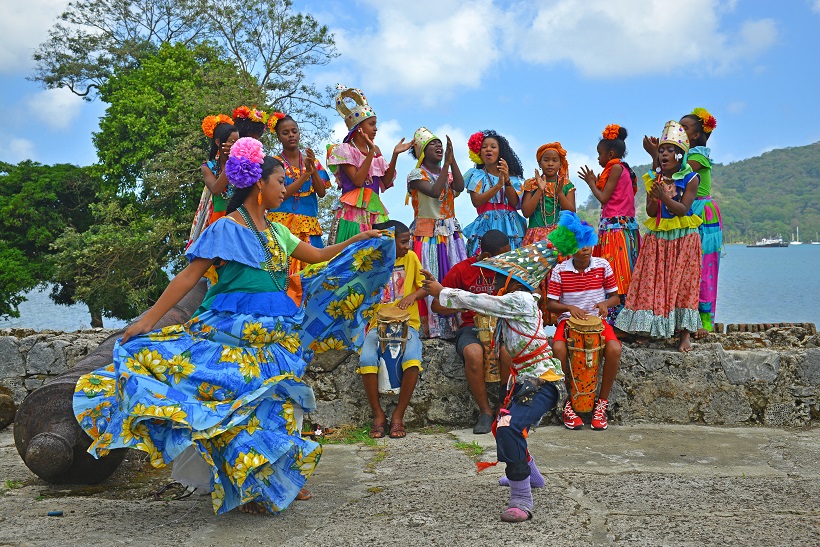Geneva, 22 July 2021 - the Secretariat of the WHO FCTC announces nine new Parties to join Phase 3 of the FCTC 2030 project that supports achievement of the Sustainable Development Goals through strengthening implementation of the WHO Framework Convention on Tobacco Control (WHO FCTC). Dr Adriana Blanco Marquizo, Head of the Convention Secretariat, said:
“The Convention Secretariat is committed to supporting all Parties to accelerate implementation of the WHO FCTC. Through the generous support of our donors to the FCTC 2030 project, we are now able to extend our support to more low- and middle-income countries to implement evidence-based tobacco control measures. Implementation of the WHO FCTC will make a contribution to the work of countries to build-back-better from COVID-19 and to implement the Sustainable Development Goals.”
Initially started in 2016 as a five-year development assistance programme with funding from the Government of the United Kingdom, additional funding from the Governments of Australia and Norway has enabled expansion of the FCTC 2030 project to new countries. Please see here for countries in Phases 1, 2 and 3.
Through the technical, financial and collaborative support provided by the FCTC 2030 project and partners, Parties have made significant progress to effectively implement evidence-based tobacco control measures. Speaking on the support Sri Lanka received during Phase 1 of the FCTC 2030 project, Dr Dr Palitha Abeykoon, Former Chairman of the National Authority on Tobacco and Alcohol, said:
“We have received excellent coordination and constant encouragement and support from the WHO FCTC Secretariat from the inception of the project. This support sets it apart from other projects. This is one of the major reasons for our achievements.”
For the third phase, countries eligible to receive official development assistance (ODA) who are also Party to the WHO FCTC were encouraged to apply for individually tailored assistance to implement the Convention.
Through the project, governments of eligible countries will be supported with a needs assessment and an economic investment case, as well as intensive tailored support to accelerate implementation of the WHO FCTC, guided by the WHO FCTC’s Global Strategy to Accelerate Tobacco Control.

A panel made up of the Secretariat of the WHO FCTC, the United Nations Development Programme (UNDP), the World Health Organization (WHO) and the project funders, carefully reviewed each of the applications received.
In making the selection, consideration was given to a number of criteria including commitment and motivation to advancing tobacco control. The panel took into account information provided in the latest report on the implementation of the WHO FCTC, and prioritized support for Parties which may not have already received substantial amounts of assistance for tobacco control from other sources.A total of 17 WHO FCTC Parties submitted an application of which the following nine were selected to receive direct support under Phase 3 of the FCTC 2030 project:
• Bhutan
• Burkina Faso
• Ghana
• Iran, Islamic Republic of
• Mongolia
• Montenegro
• Panama
• United Republic of Tanzania
• Timor-Leste
Of these, four are classified as least developed countries, two as lower-middle income countries and three as upper-middle income countries, according to the Organisation for Economic Co-operation and Development (OECD).
In addition to the direct support provided to countries that are participating in the FCTC 2030 project, the Convention Secretariat also provided support and materials for all low- and middle-income countries to promote implementation of the treaty. This support will include WHO FCTC Needs Assessment, workshops, toolkits, south-south and triangular cooperation, and other forms of assistance to national governments.
